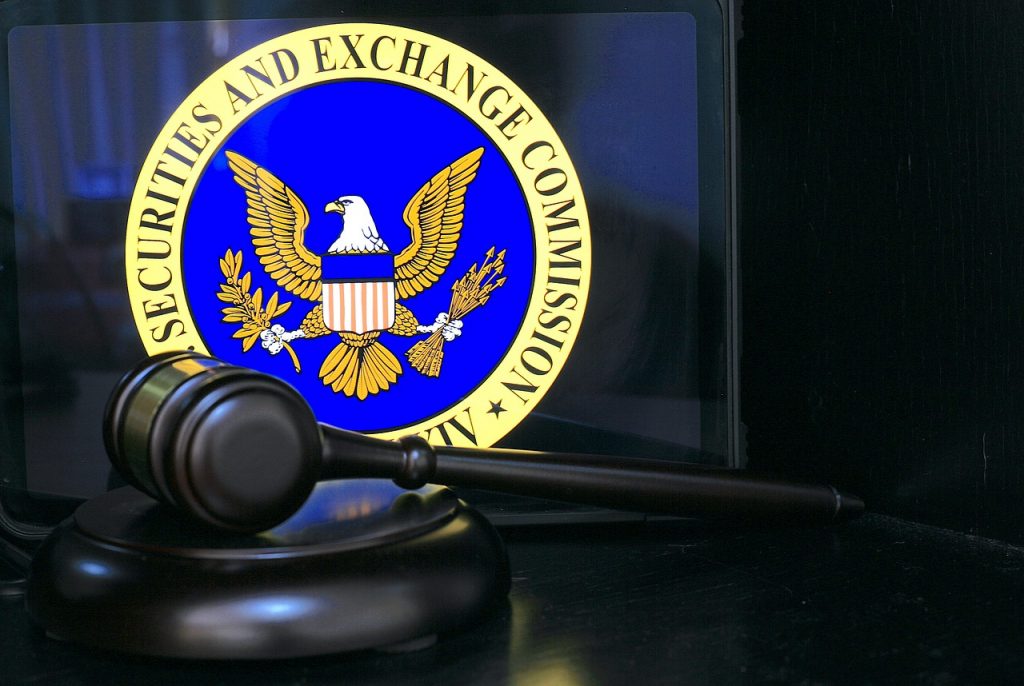Join Our Telegram Group
In a recent exclusive interview to CNBC, SEC Chair Gary Gensler provided valuable insights into the current state of cryptocurrency regulation and the SEC’s approach to addressing the challenges posed by the crypto industry. With the increasing prominence of cryptocurrencies and the emergence of various trading platforms, it has become imperative for regulatory bodies to ensure investor protection and market integrity.
The Need for Clarity and Compliance
Chairman Gensler emphasized that the investing public should benefit from the same level of clarity and protection provided by traditional securities laws. He argued that crypto platforms and intermediaries must come into compliance to safeguard the interests of investors.
Drawing attention to the complex web of deception and conflicts within the industry, he expressed concerns about the commingling of various functions by trading platforms, such as operating hedge funds and engaging in market-making activities. Moreover, Chairman Gensler highlighted instances of alleged wash trading and lack of controls on platforms like Binance, where a sister organization flooded the platform with transactions. He further pointed out attempts to evade U.S. law by controlled individuals, emphasizing the need to address these issues and protect the investing public.
Timelines and Enforcement Actions
When questioned about the perceived delay in enforcement actions, Chairman Gensler emphasized the SEC’s commitment to conducting thorough investigations and following due process. He stated that the SEC meticulously follows the facts and the law, aiming to build robust cases against non-compliant entities. Highlighting the extensive investigative efforts carried out by the SEC, Chairman Gensler acknowledged the collaboration between various divisions and external agencies to ensure comprehensive investigations.
Concerns and Emergency Relief
Chairman Gensler addressed the concerns of the investing public, particularly regarding the safety of their assets on crypto platforms. He highlighted the risks associated with platforms that consciously attempt to evade U.S. law and commingle customer funds without proper custody arrangements. These concerns led the SEC to seek emergency relief measures, including asset freezes, asset credit discovery, and the appointment of a receiver in the case of Binance. Chairman Gensler expressed the SEC’s commitment to making the facts known and protecting the public through legal proceedings.
Evaluating the Value of Cryptocurrencies
In response to questions about the underlying value of cryptocurrencies, Chairman Gensler emphasized the SEC’s role as a merit-neutral agency. While acknowledging the existence of thousands of tokens and the ongoing debates surrounding their use cases, he questioned the need for additional digital currencies when traditional currencies already exist in digital form.
Furthermore, Chairman Gensler highlighted that digital investments are already prevalent in various sectors, including big tech companies and automobile manufacturers. He emphasized the importance of fair and transparent disclosures to enable investors to make informed decisions, aligning with the core principles laid out by the securities laws established nearly a century ago.
Engagement with Crypto Incumbents
When asked about the SEC’s engagement with crypto incumbents like Coinbase, Chairman Gensler chose not to disclose specific details regarding their conversations. However, he acknowledged that the SEC has engaged in discussions with numerous players in the crypto industry.
He highlighted the inherent non-compliance of the industry’s business model with securities laws, stressing the need for these incumbents to bring their operations into compliance. Despite the challenges, Chairman Gensler noted that progress has been made, citing recent successful registrations of crypto entities as special purpose broker-dealers and the SEC’s positive experience with certain token-related matters.
As the crypto landscape evolves further, ongoing collaboration between regulators and industry participants will be crucial to strike the right balance between innovation and investor protection

